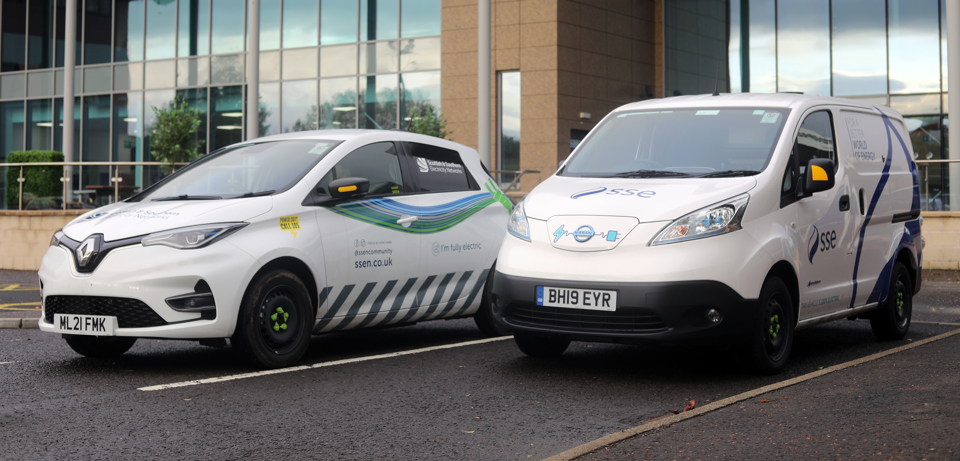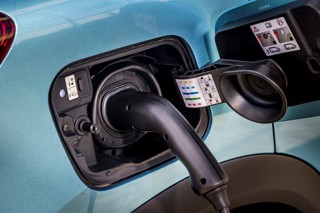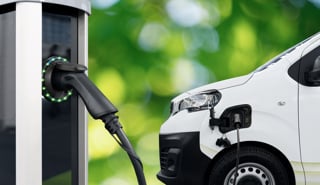Energy firm SSE is ahead of schedule in switching to a fully electric fleet, with almost half of the cars it operates expected to battery electric vehicles (BEVs) in 2022.
It is continuing to work on transitioning its van fleet as more products become available, it says.
In 2019, the company joined The Climate Group’s global EV100 initiative and pledged to switch 2,785 of its vehicles to electric and install charging points for its 10,000 employees to use.
In just over two years, SSE has taken delivery of more than 400 fully electric vehicles (EVs) with another 225 on order, meaning 30% of the car fleet is fully electric and will be moving to 47% by early 2022.
To support this journey, the business has already installed 180 charge points across its sites, from the Isle of Wight in the south to Lerwick on Shetland, with another 200 set to be delivered in the next 12-14 months.
As a principal partner to world climate summit COP26, and one of the UK’s largest energy infrastructure companies, SSE says it has recognised the crucial role the decarbonisation of transport will play in meeting Net Zero.
Simon Gray, head of fleet and travel for SSE, said: “The number of ultra-low emission vehicles available is increasing year on year which greatly supports with our strategies and Net Zero initiatives.
“Our network’s business SSEN has committed to invest in its network infrastructure to support 10 million EVs on GB roads by 2030. But as one of the largest fleet operators in the UK we must also lead by example and show the way on the EV journey.
“That’s why as a member of The Climate Group’s global EV100 initiative, which aims to make electric vehicles (EVs) ‘the new normal’ by 2030, SSE Plc is already well on the way to a low carbon future following a commitment to electrify our fleet by 2030.”
In May, SSE added fully-electric Renault Zoe Vans to its fleet to help with the electrification of its commercial vehicle fleet.
The organisation is aiming to have 3,500 of its 4,000 commercial vehicles fully electrified by 2030, and it estimates that over a five-year period each Zoe Van will provide a saving of 23.5 tonnes of CO2.
The business introduced four Zoe Vans and said a further eight were in the pipeline. They are being used by supervisors and team leaders to visit the company’s operational sites and developments throughout Scotland.























Login to comment
Comments
No comments have been made yet.